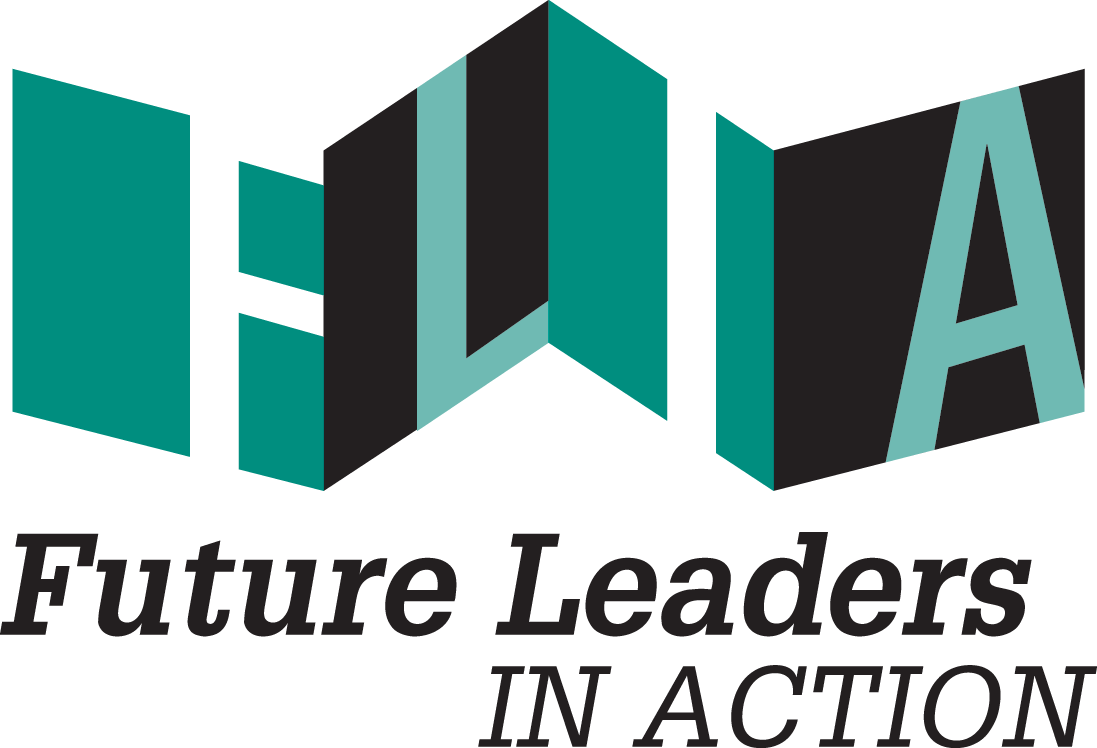Photo credit: Row New York
I stumbled upon the FLIA Fellowship during the period when I frenetically searched for a job after graduating this spring from a Masters program. I knew right away that the program evaluation fellowship with Row New York fulfilled important work values I sought from my next position. I had engaged in numerous jobs and internships over the last few years, from watering plants at a greenhouse to writing policy briefs at a think tank, and the mish-mash of experiences had given me an acute understanding of what I found enjoyable and cumbersome about work.
“My work focused on problem-solving that was engaging and fun. But most importantly, I was able to directly see how my work made a tangible impact on recruitment and program improvements.”
The opportunity to work in a program evaluation role fulfilled three work-related functions I enjoyed. First, I wanted to work with data and engage in a project that involved an element of problem-solving. I had done some analysis of electoral data for my professor and found it both engaging and fun. Secondly, I wanted to work on a project in the social sector since I had greatly enjoyed a previous internship with a community development non-profit in St. Louis Missouri. Finally, I hoped to use this fellowship to find a long-term position in the social sector and a career that is both fun and fulfilling.
The main project I worked on focused on the problem-solving aspect. Row was concerned about the high attrition rate in their High School Rowing program. My task was to determine specific points during a student’s development in the program when they face the highest risk of dropping out so that program staff can find ways to retain students.
I analyzed registration records from the organization's database and found specific grades where students had the highest attrition rate. This was a challenging assignment that tested my data wrangling skills and gave me a chance to utilize certain statistical tools I had picked up in grad school. At times, I had to be creative and resourceful about finding information, and my supervisor was extremely helpful in working together with me on this project.
Arc GIS map of New York City public schools created by Laknath.
Compiling a list of potential schools for student recruitment was another important project I worked on during my fellowship. Thanks to the NYC Open Data initiative I found a dataset with information about all public schools in New York City and created a map using Geographic Information Software (GIS) software. I was surprised by my ability to pick up new skills and adapt to the various needs of my partner organizations.
The past twelve weeks were a truly intense and immersive experience, and it reinforced what I found enjoyable about work. My work focused on problem-solving that was engaging and fun. But most importantly, I was able to directly see how my work made a tangible impact on recruitment and program improvements. Both were important outcomes for youth development in my organization and the social sector. Finally, this experience gave me an opportunity to meet and network with like-minded people in the social sector and gain an understanding of how I can make a contribution with the skill set I have.



